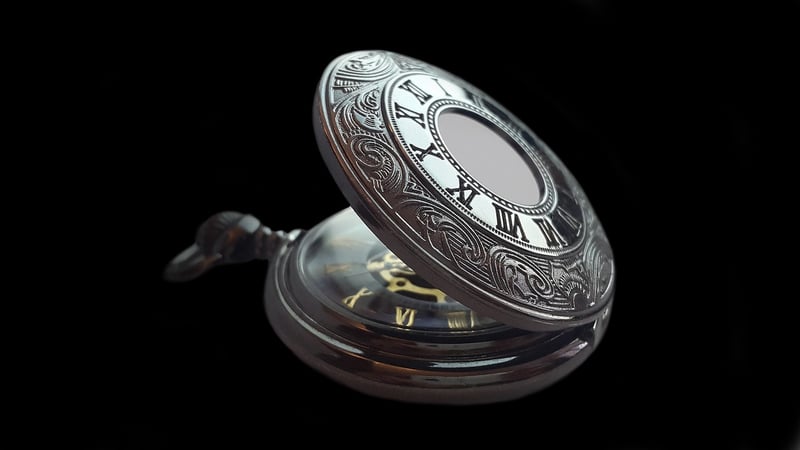Moral Implications
The Ethical Aspects of Time Travel and Its Moral Implications
Time travel has been a popular topic in science fiction for decades, captivating audiences with its possibilities and consequences. While time travel is a fascinating concept, it raises numerous ethical dilemmas and moral implications that are worth exploring.
Ethical Dilemmas of Time Travel
One of the primary ethical dilemmas of time travel is the potential for altering the course of history. Changing even minor events in the past could have far-reaching consequences on the present and future, leading to the infamous "butterfly effect." The responsibility of time travelers to ensure they do not disrupt the natural progression of events raises questions about the ethics of meddling with the past.
Temporal Paradoxes
Another ethical concern is the possibility of creating temporal paradoxes. Traveling back in time and inadvertently causing events that prevent one's own existence, known as the grandfather paradox, raises questions about the morality of potentially erasing oneself from history.
Moral Implications of Time Travel
From a moral standpoint, time travel raises questions about the implications of altering past events for personal gain. The temptation to use knowledge of the future to manipulate outcomes for one's benefit can lead to moral conflicts and ethical gray areas.
Intervention vs. Non-Intervention
Deciding whether to intervene in historical events or maintain a stance of non-intervention presents moral dilemmas. While preventing tragedies or injustices may seem morally just, the consequences of altering history can be unpredictable and ethically ambiguous.
Conclusion
Time travel, while a captivating concept, comes with a host of ethical dilemmas and moral implications that challenge our understanding of cause and effect, personal responsibility, and the consequences of our actions. Exploring these complexities can help us reflect on the ethical considerations of time travel and its impact on the fabric of reality.


